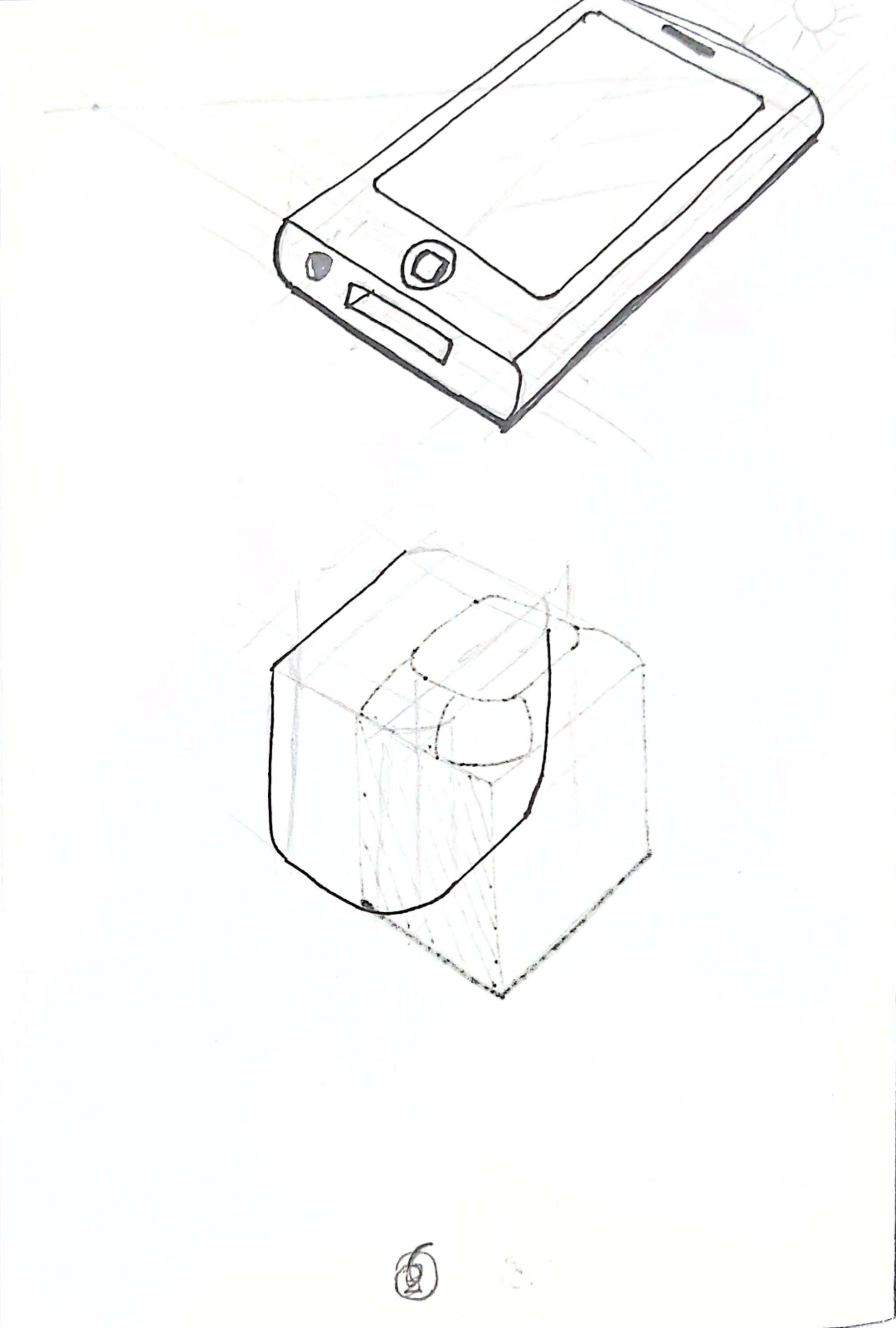Industrial Design Sketching
Summary
This week, I focused on improving a skill I’ve always been curious about: paper sketching using pencil. I used to think sketching was purely about talent, but after watching some tutorials, I discovered that technique and structure are just as important as artistic ability. I explored foundational sketching methods such as preheating the hand, mastering ellipses, and practicing one-, two-, and three-point perspective drawing. This exercise helped me visualize and communicate 3D shapes better, which is an important skill for design and prototyping.
Work Process Detail
Industrial Design Sketching Fundamentals:
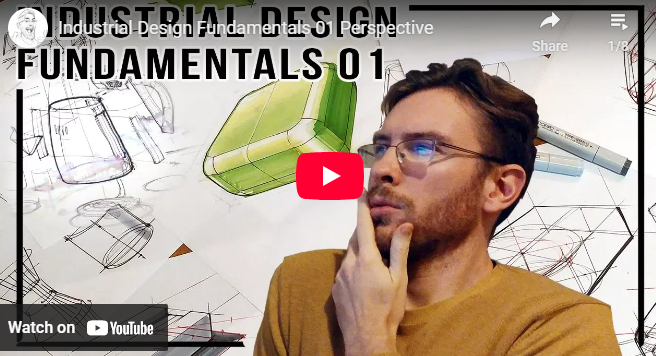
Day 1:
Preheating the Hand
- Practiced connecting two dots with a straight line repeatedly to train hand control and precision.
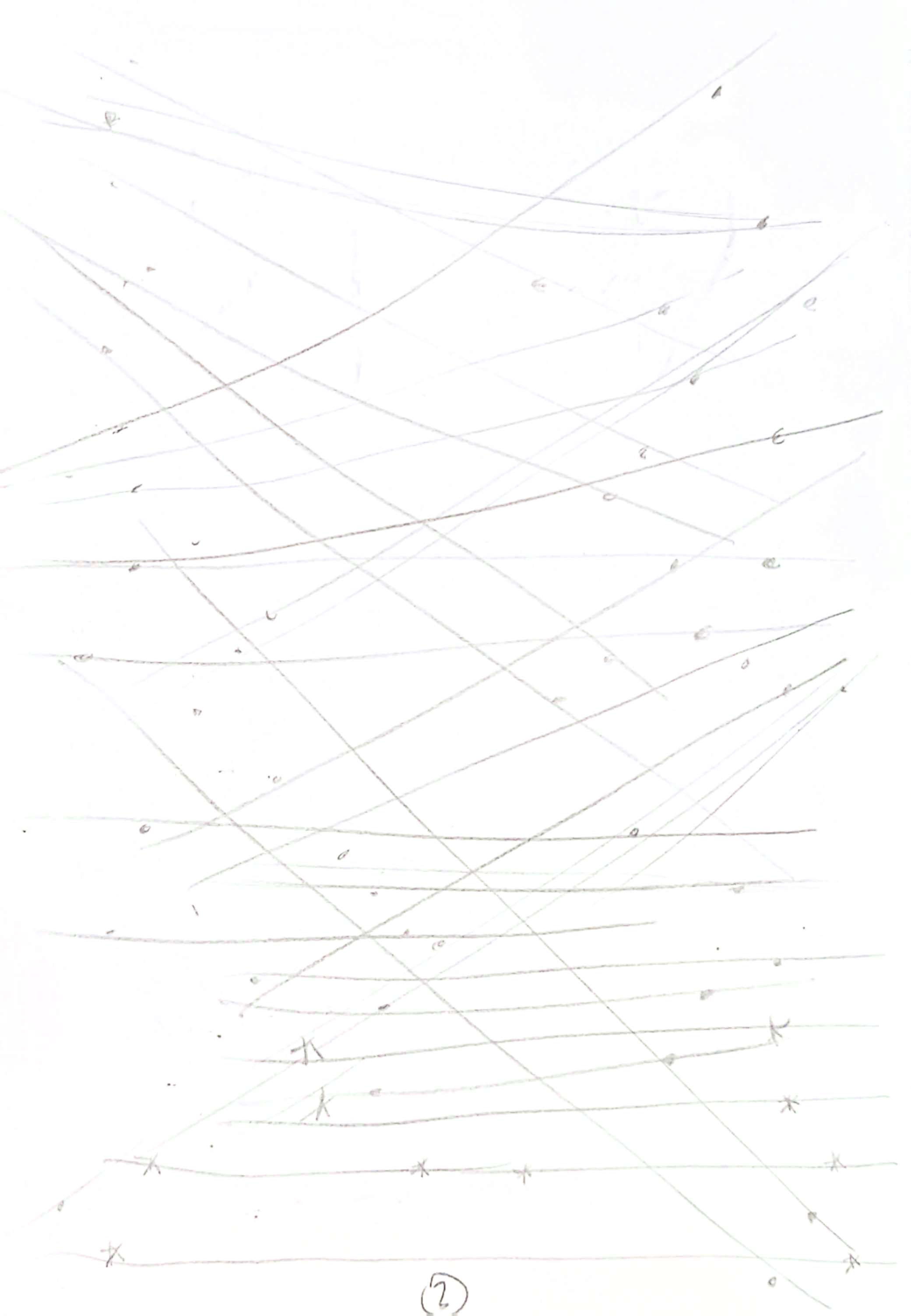
Drawing Ellipses
- Focused on understanding the long and short axes of ellipses.
- Practiced how ellipse shape and angle influence 3D perspective.
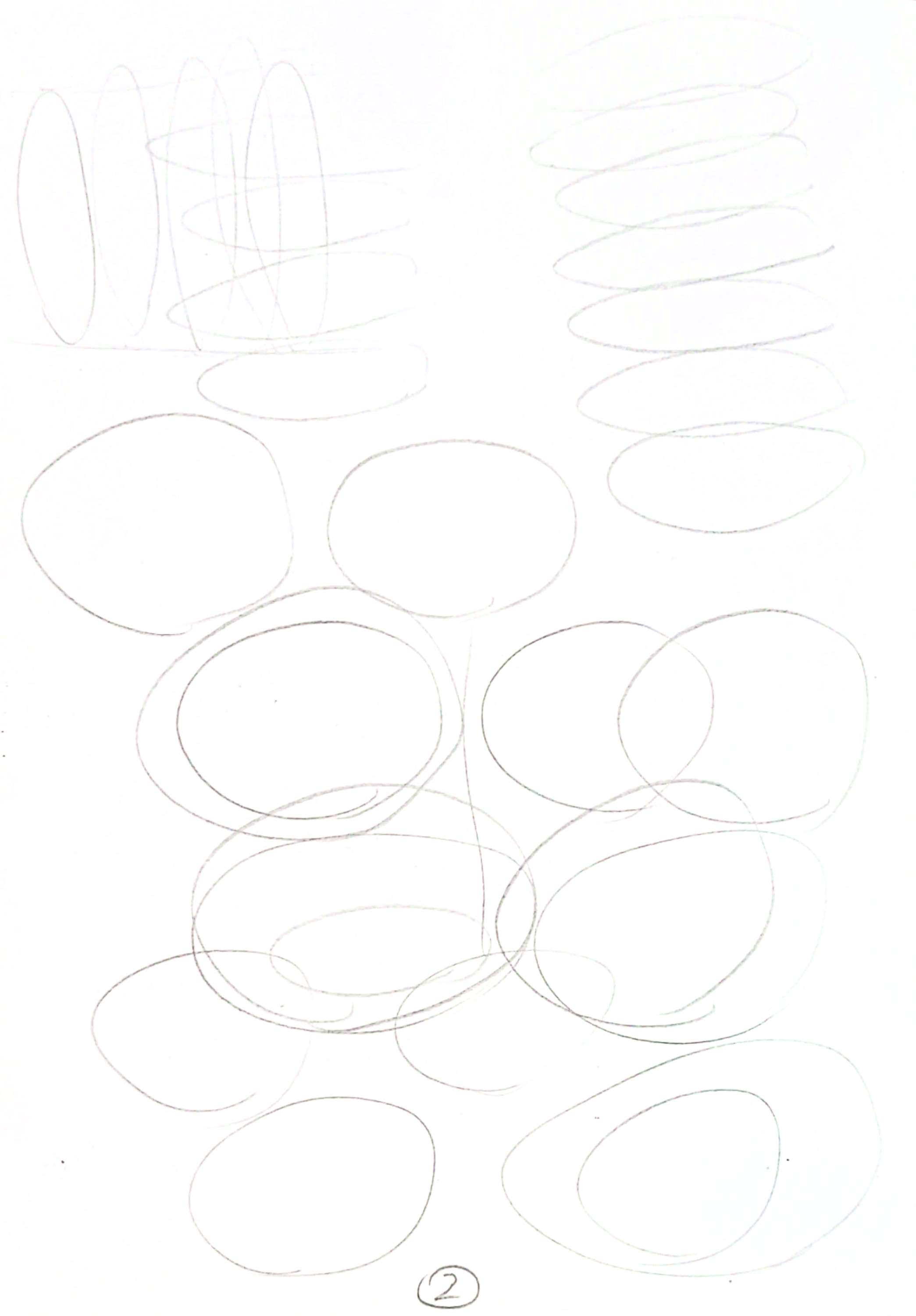
Perspective Sketching
- One-Point Perspective: All lines converge to a single vanishing point.
- Two-Point Perspective: Learned how to represent depth and angles with two vanishing points.
- Three-Point Perspective: Practiced more advanced viewpoint with a third vertical vanishing point. Challenging but helpful for dynamic views.
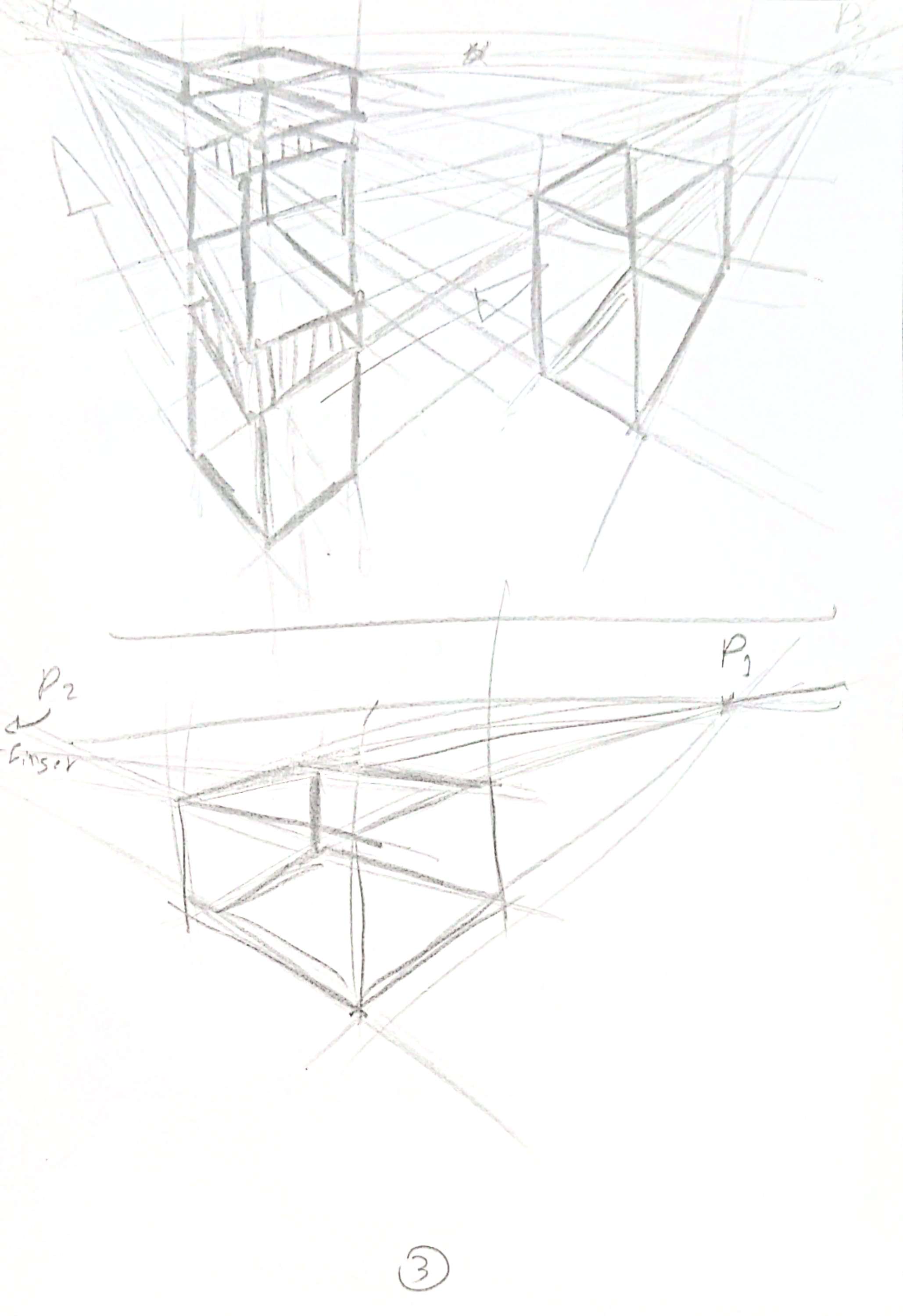
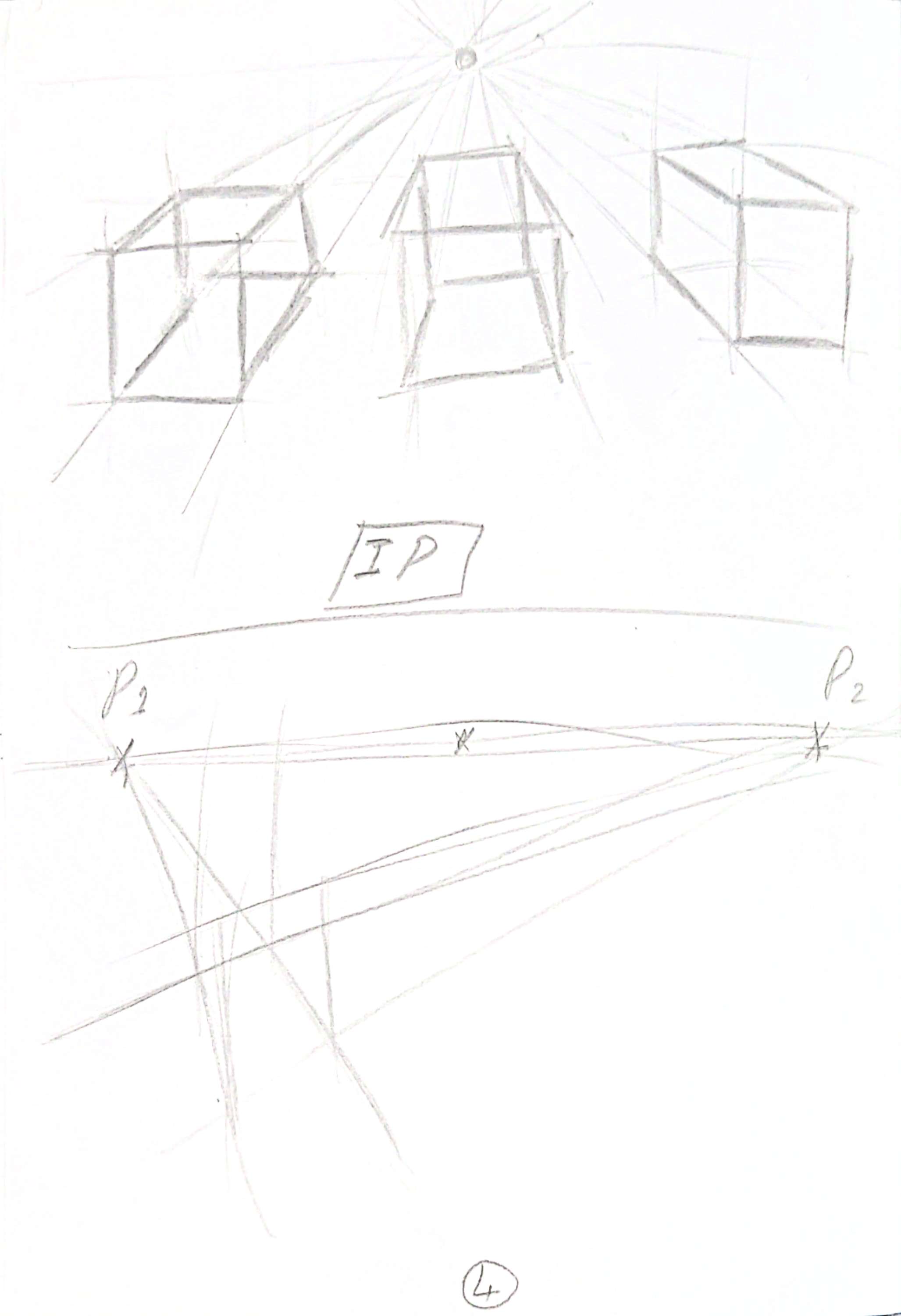
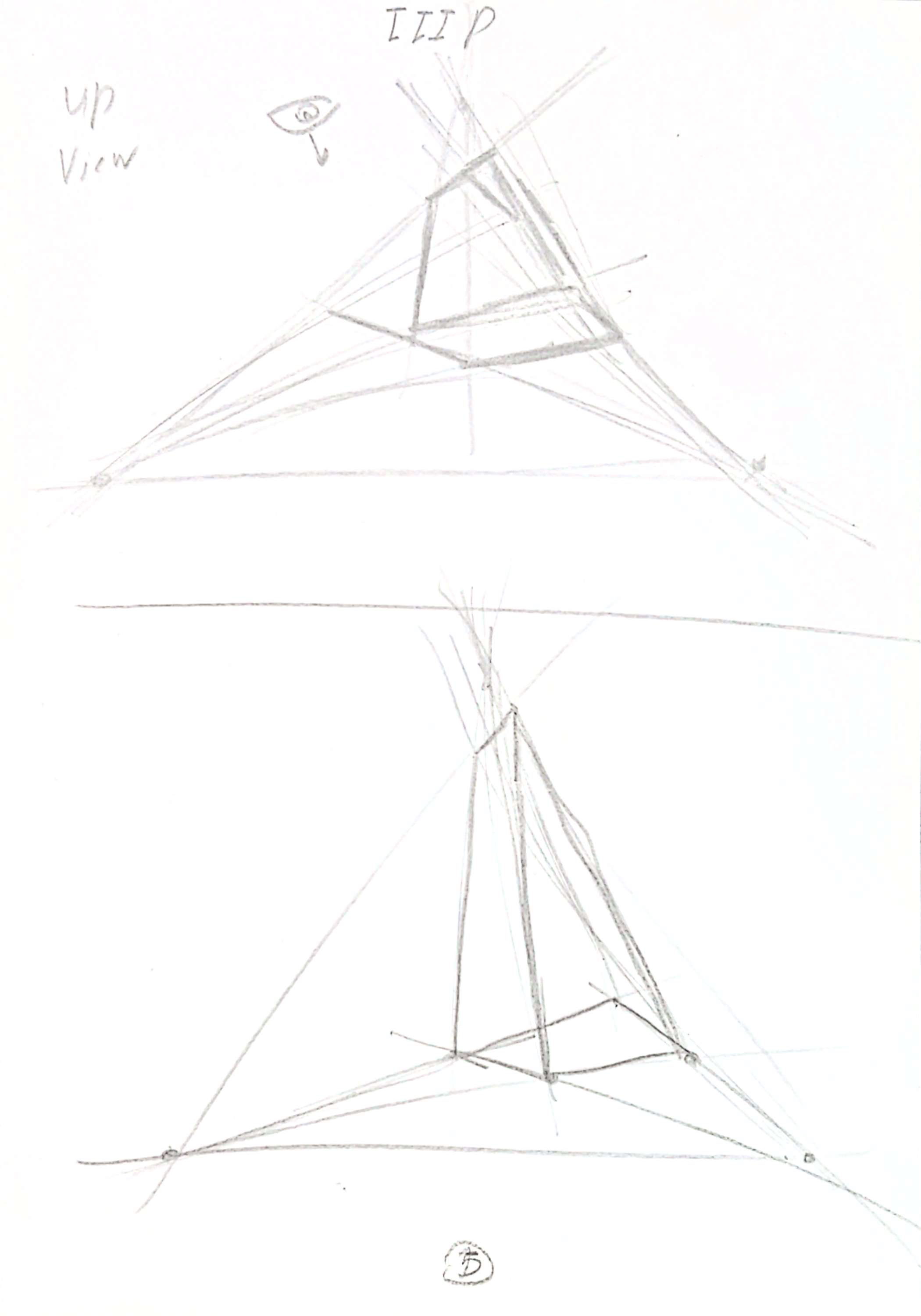
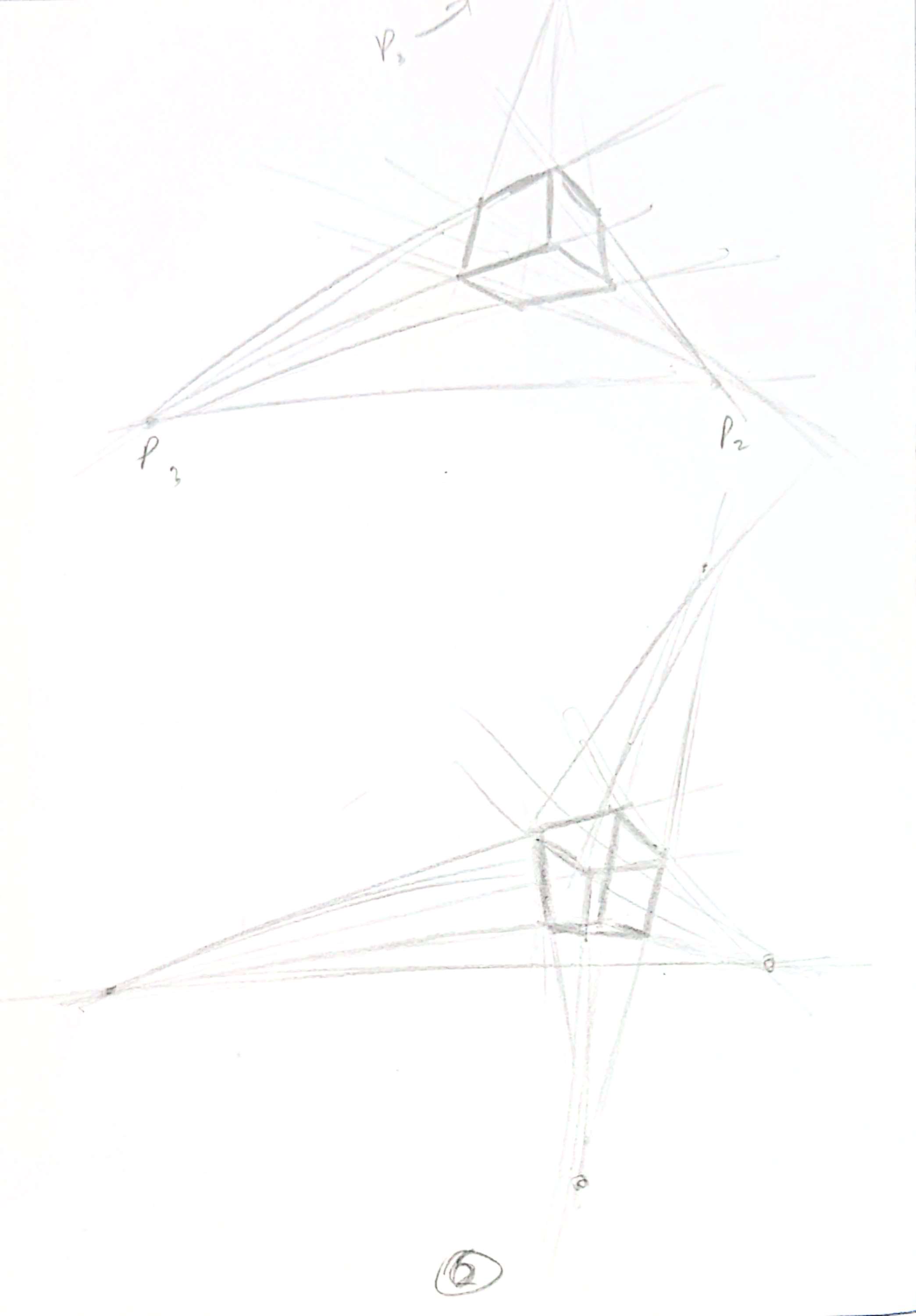
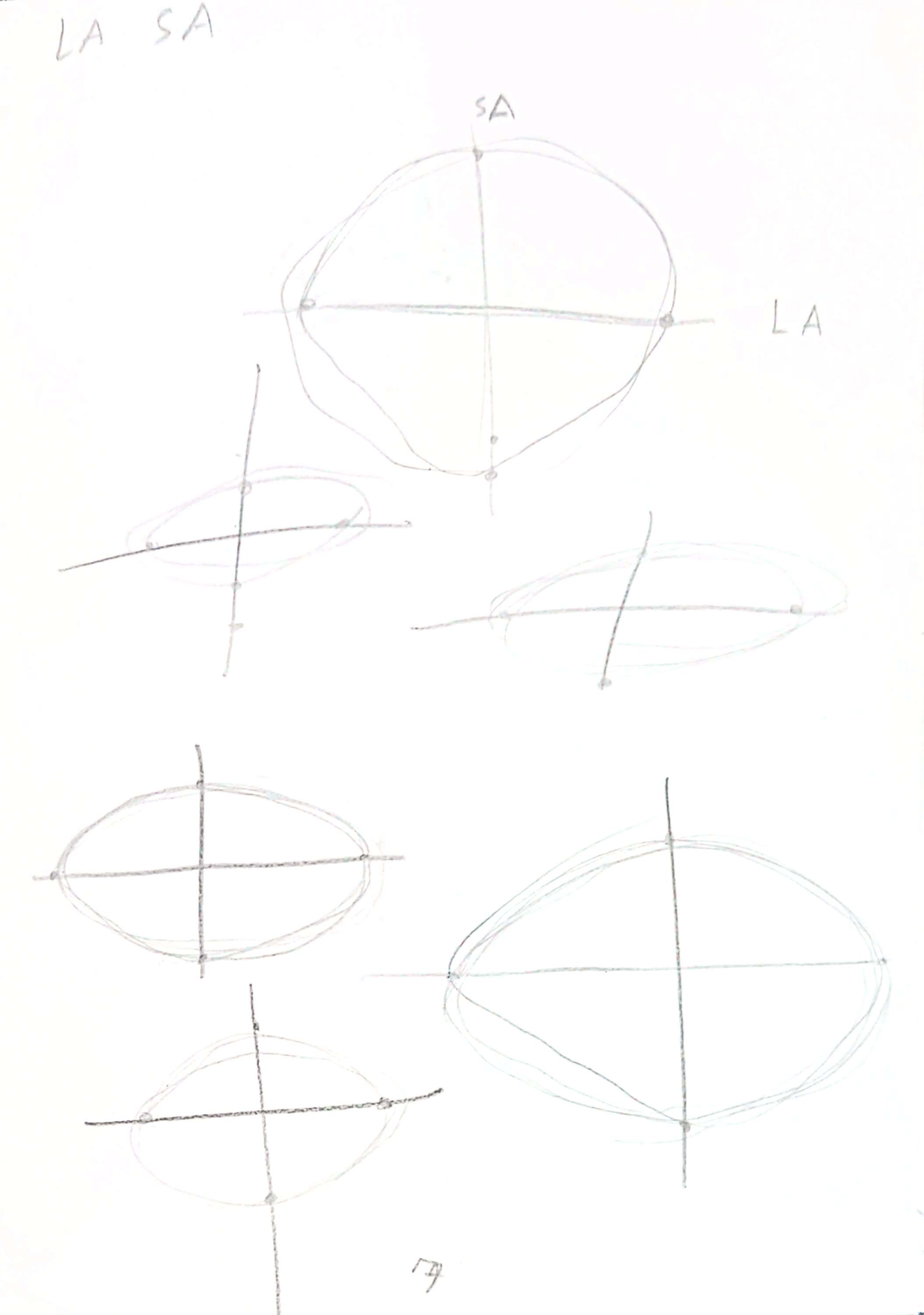
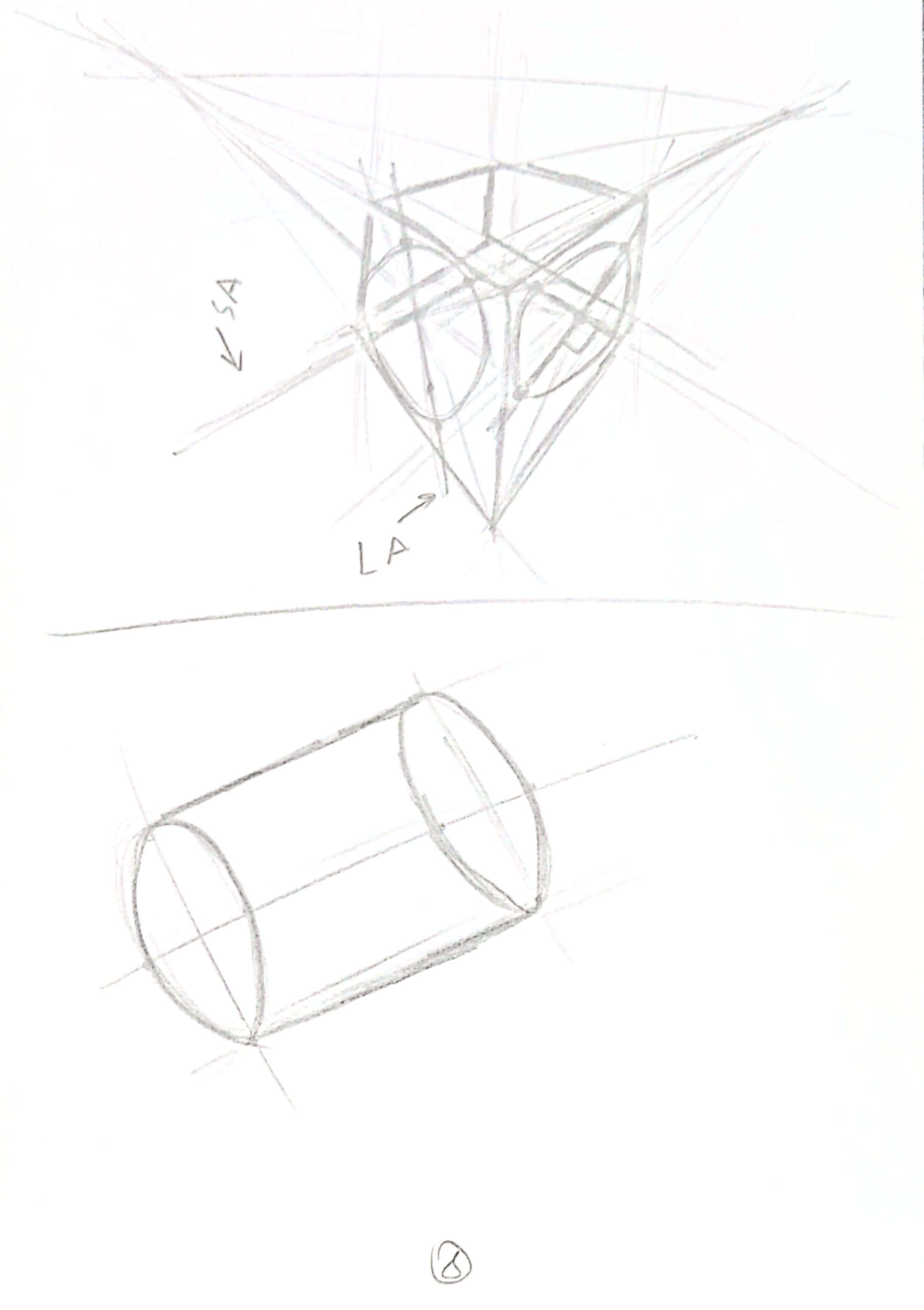
Sketching Practice
- Sketched a rocket, focusing on cylindrical shapes and proportions.
- Used shading techniques with a ballpoint pen to add light and shadow.
- Practiced drawing a phone and a filleted cube to improve control and realism.
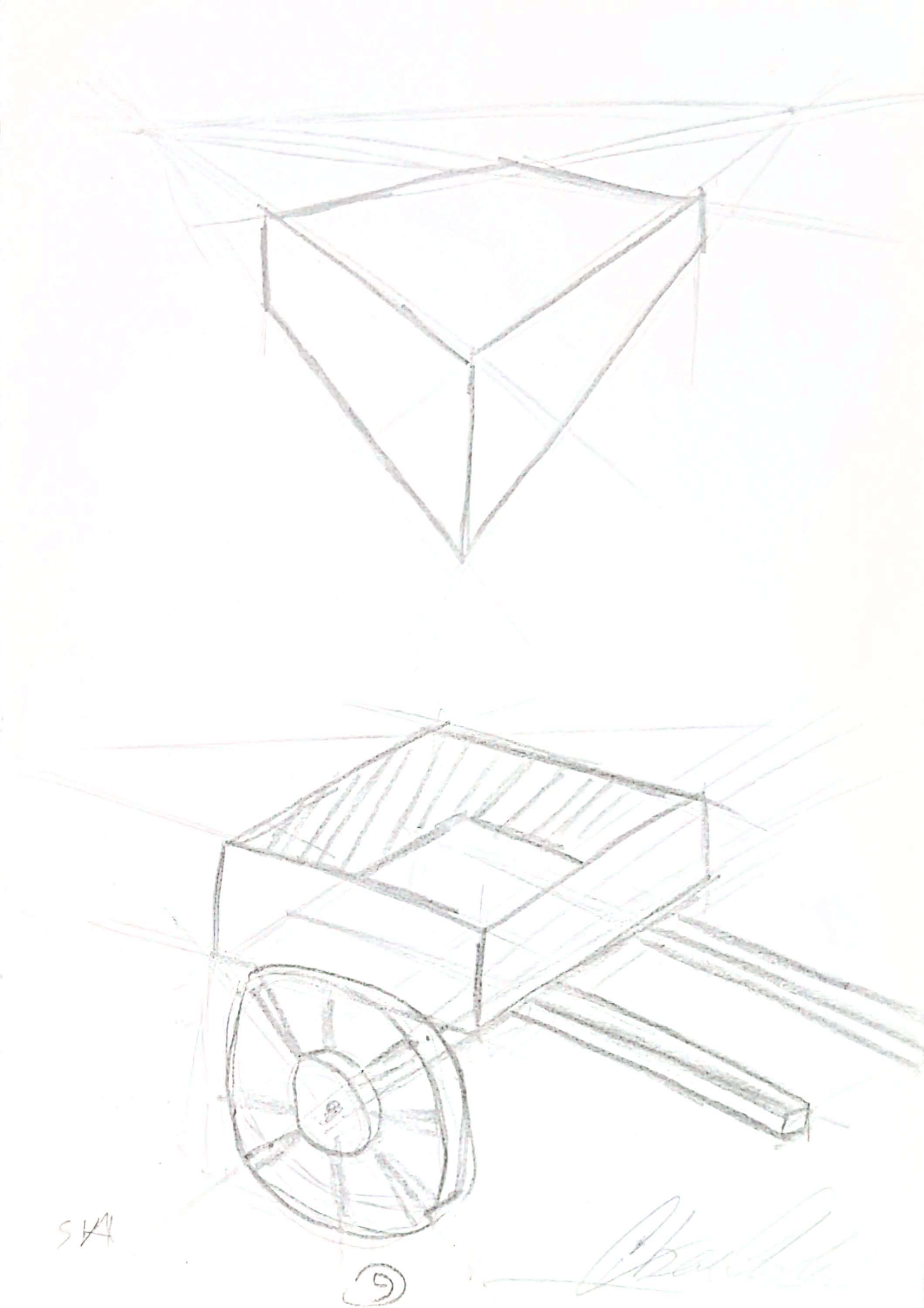
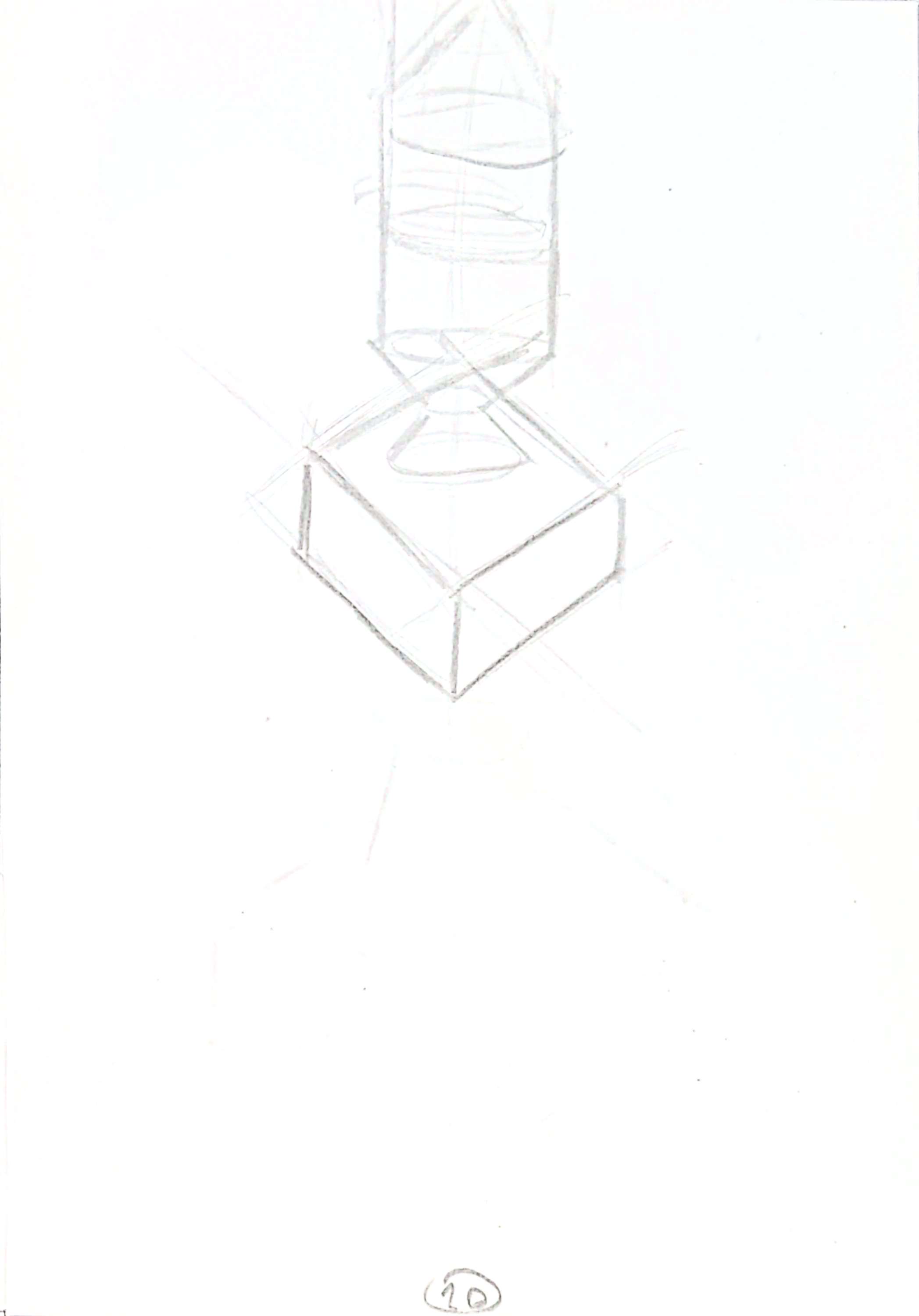

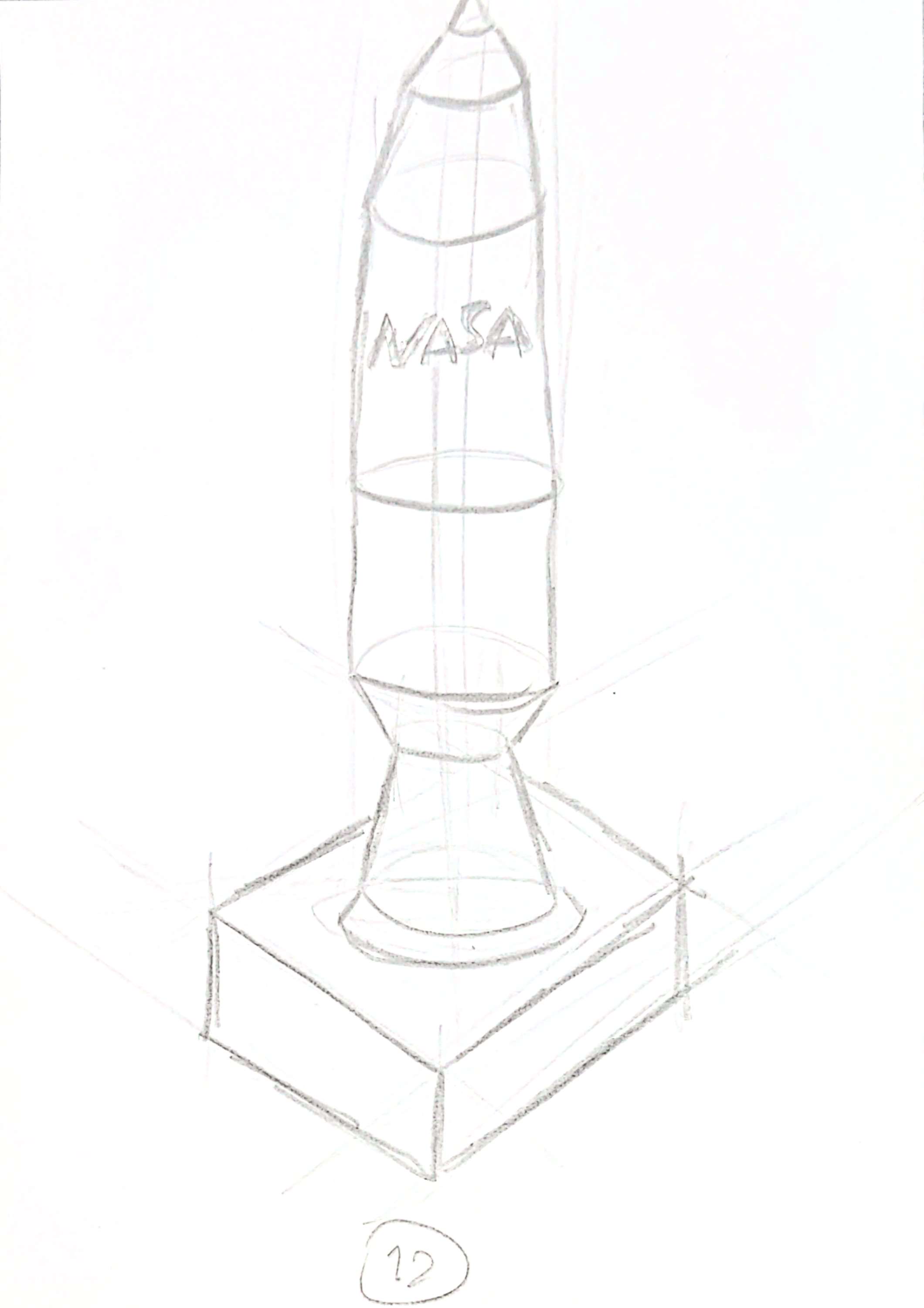
Day 2:
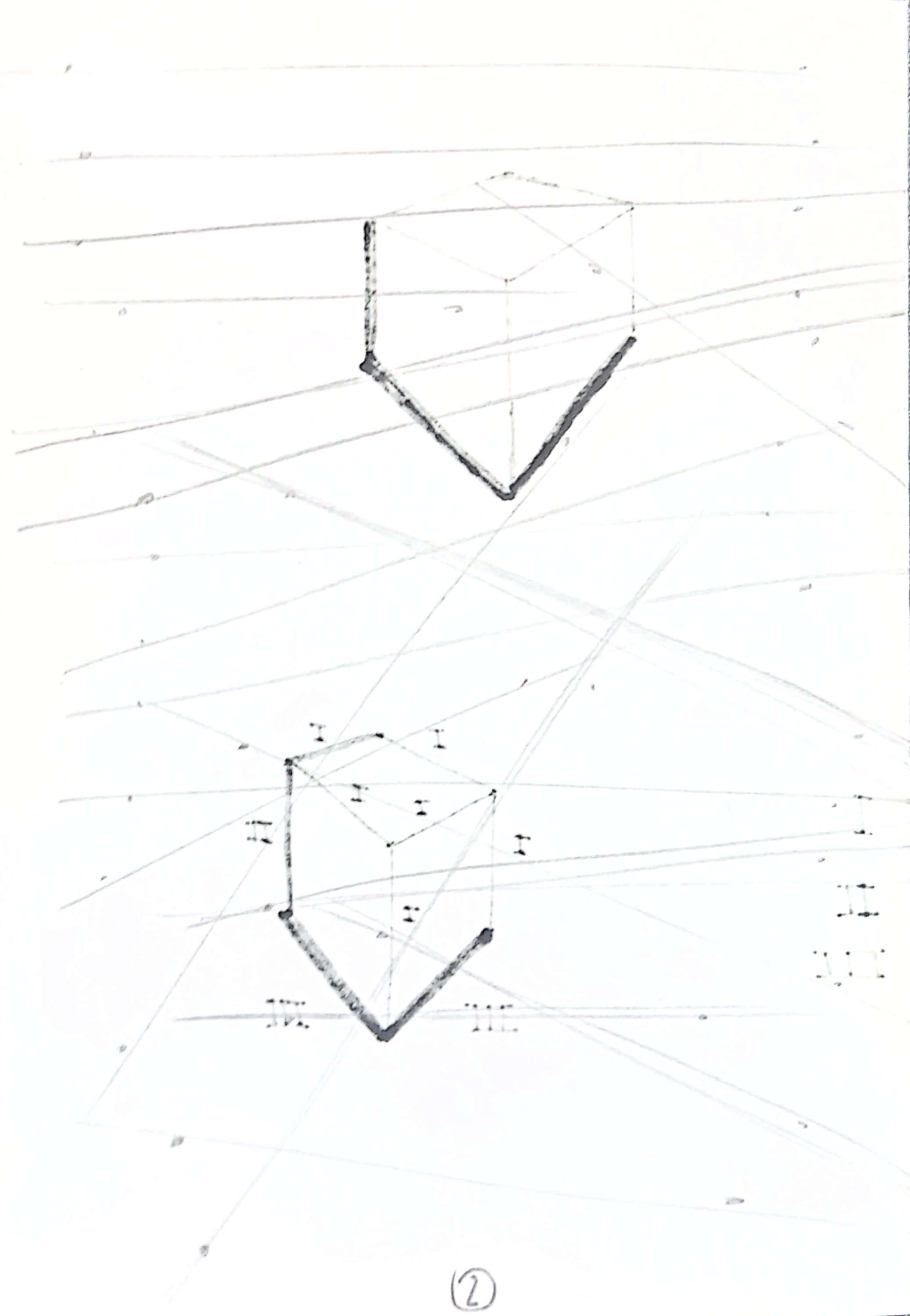
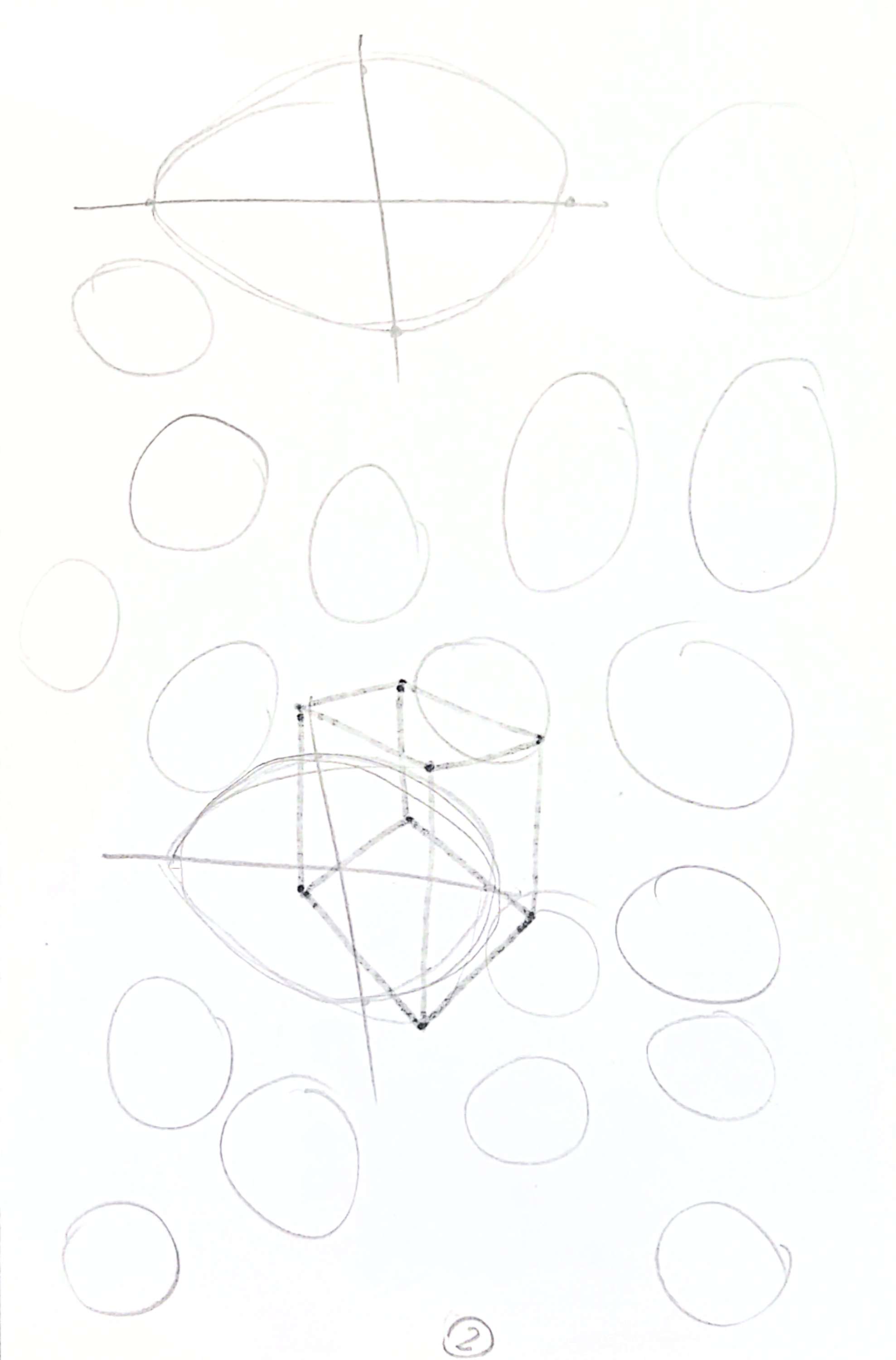
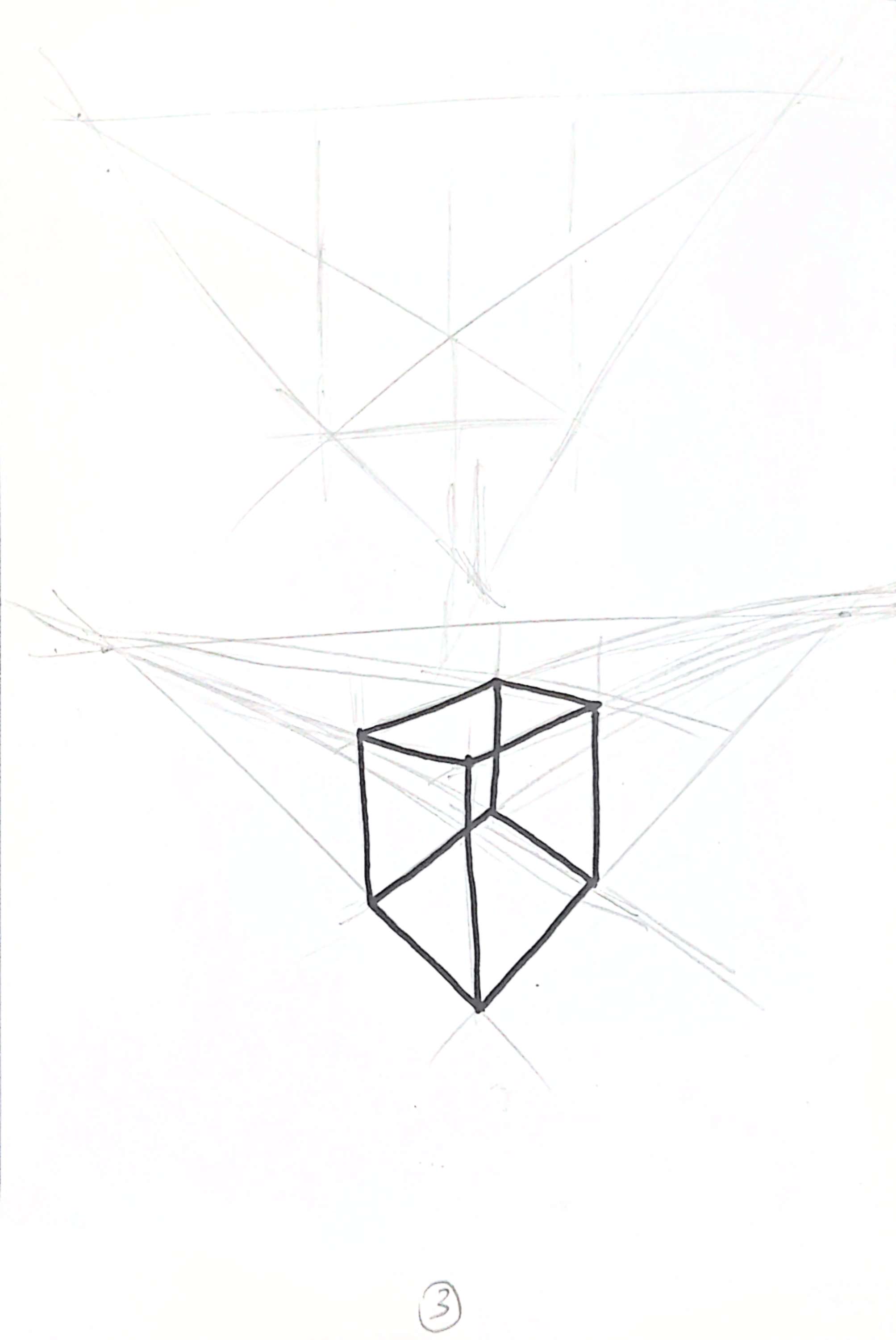
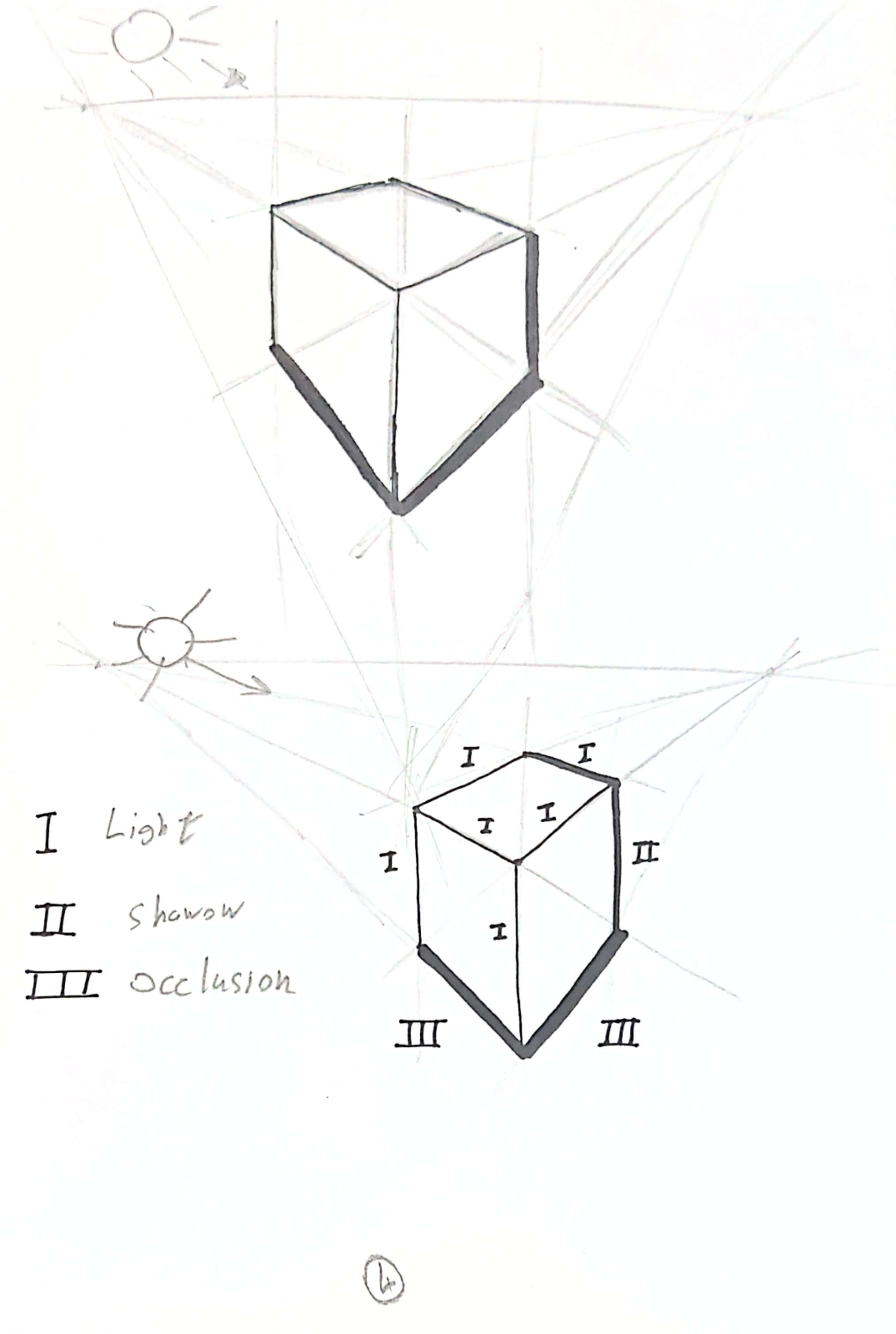
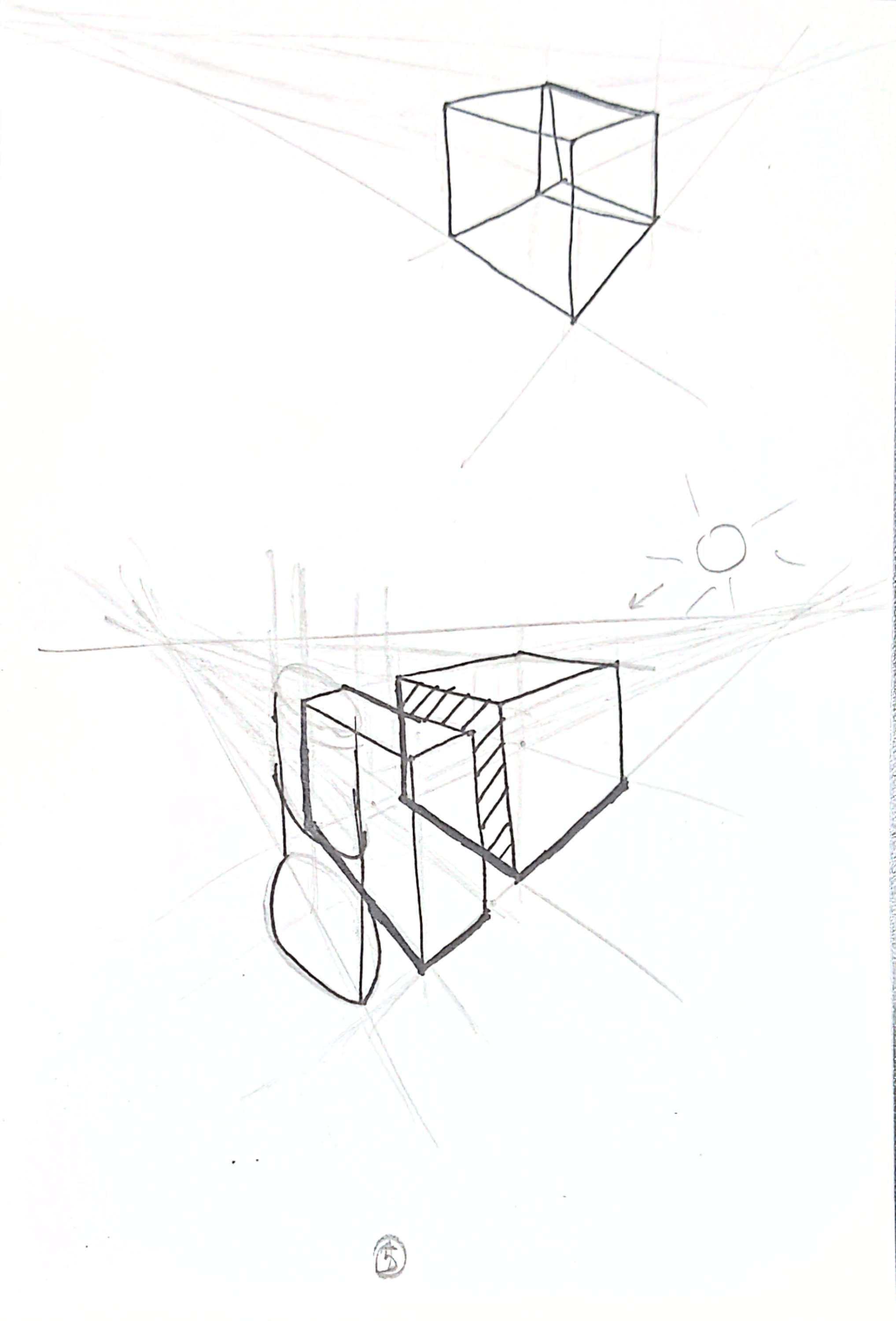
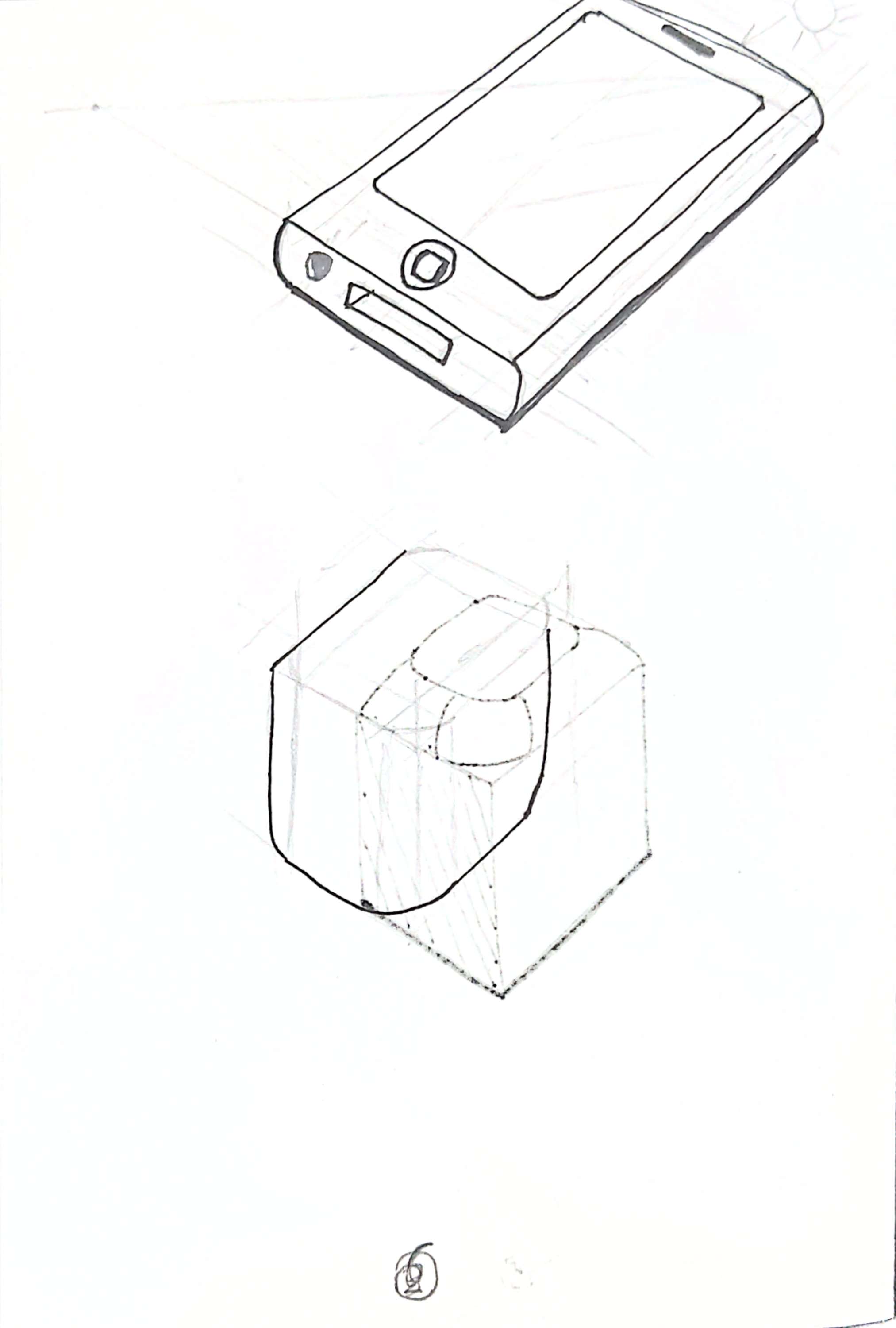
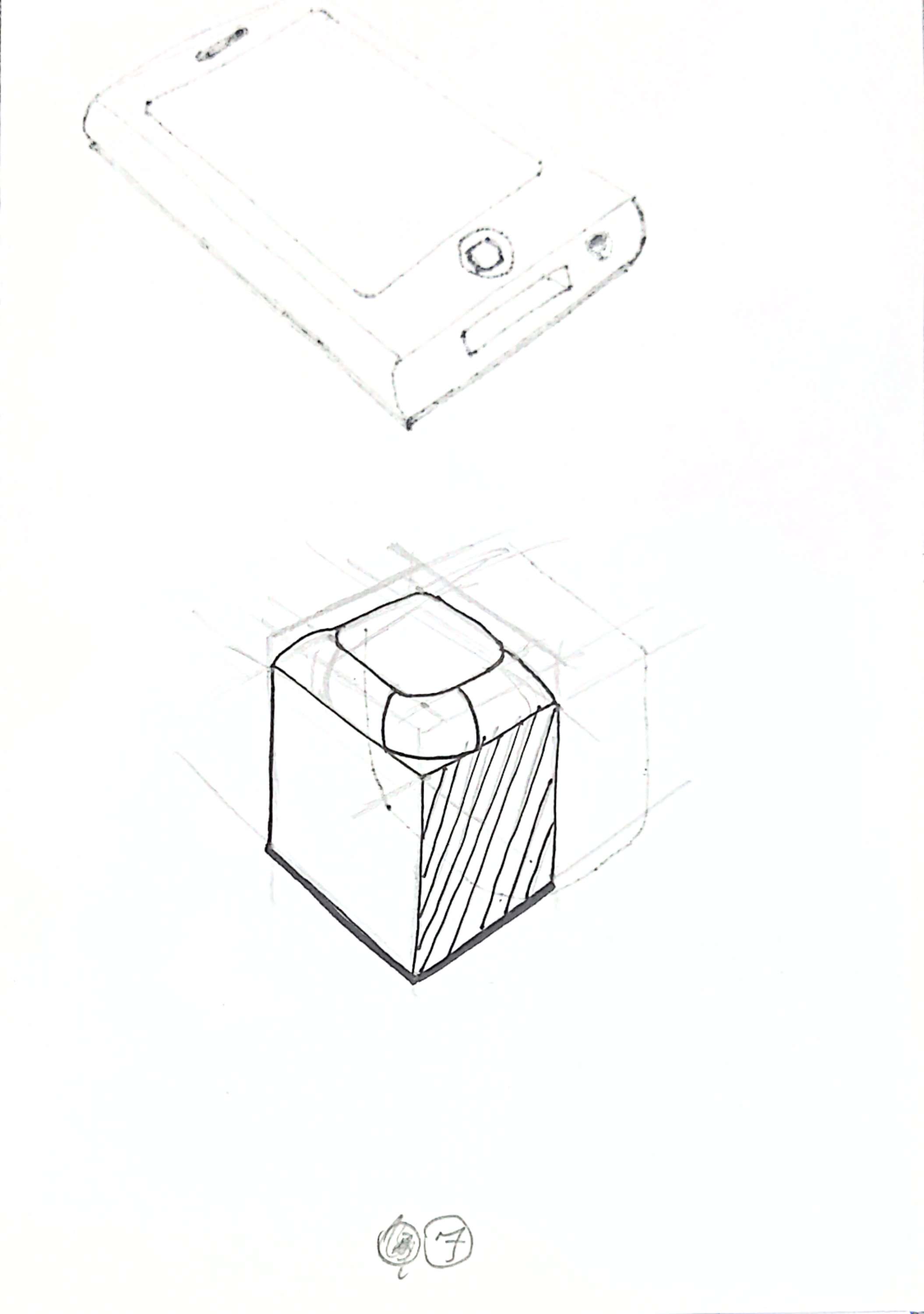
Learning Outcome
From this experience, I learned that freehand sketching is not just about artistic talent—it’s a structured skill that can be developed with practice. I now better understand how to represent 3D objects on paper using ellipses, perspective points, and shading techniques. This will help me during early design stages of projects, especially when I want to quickly visualize ideas before jumping into CAD tools.
